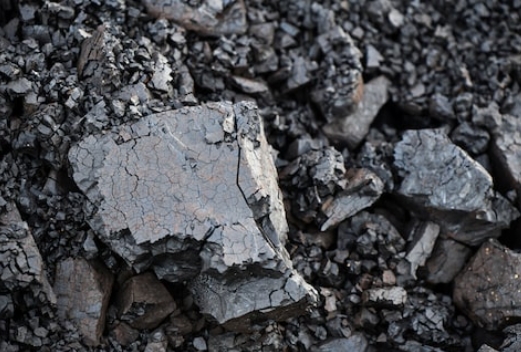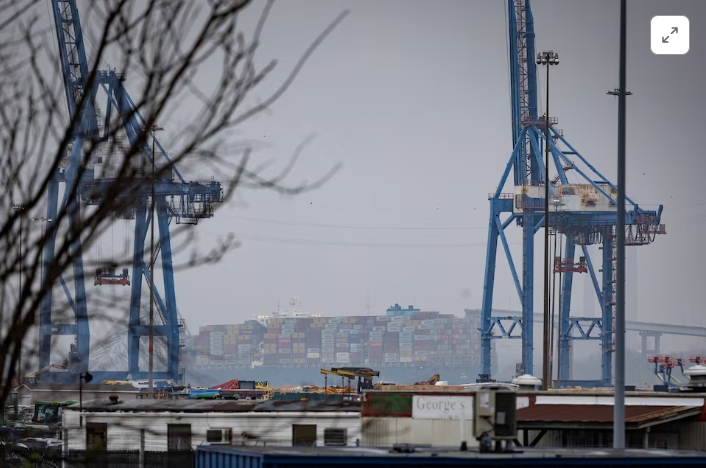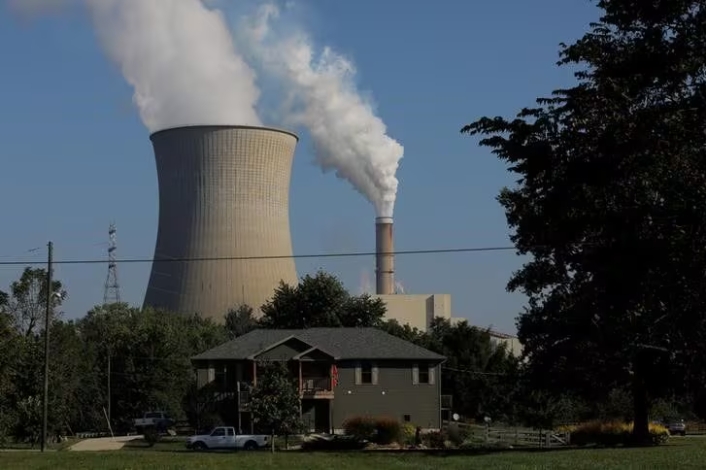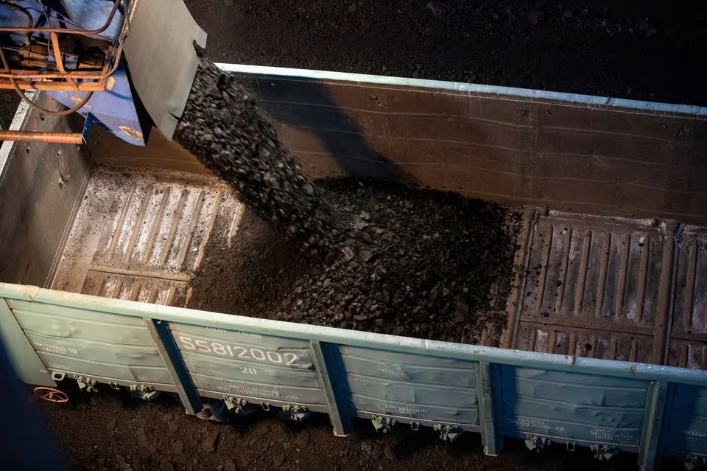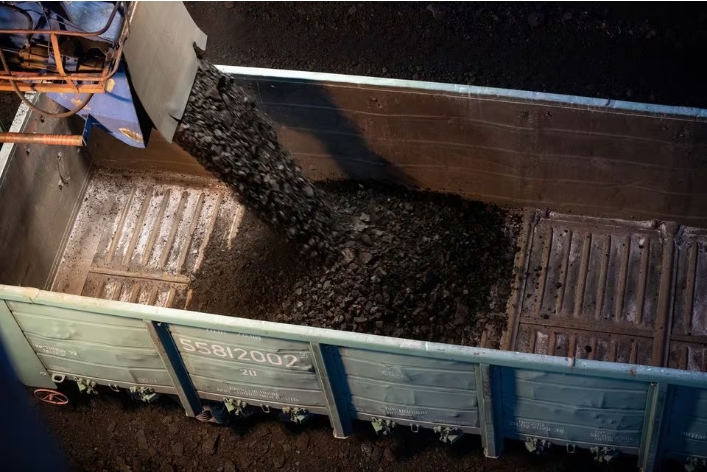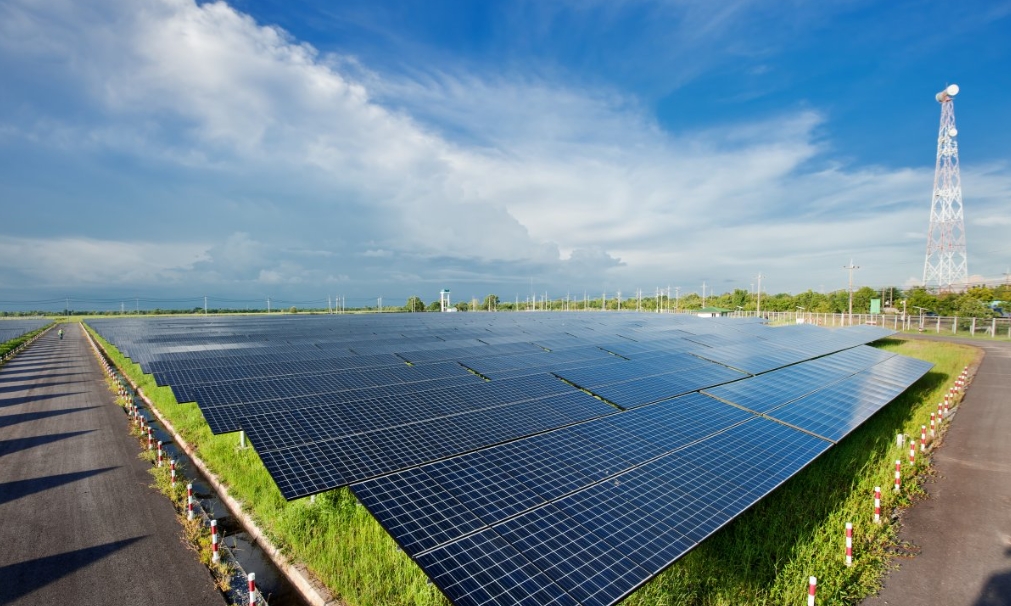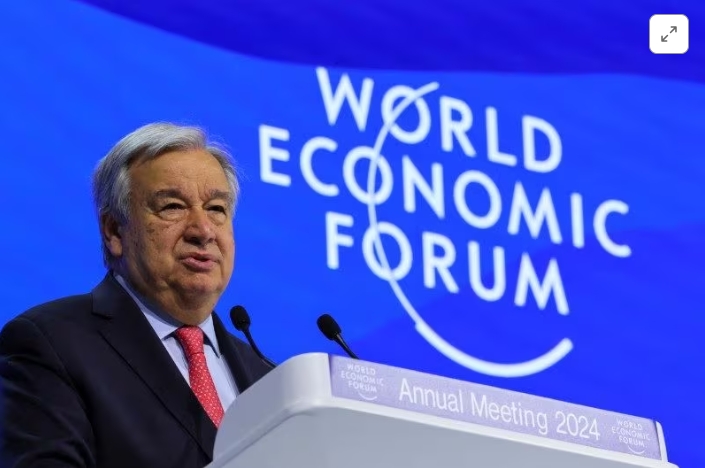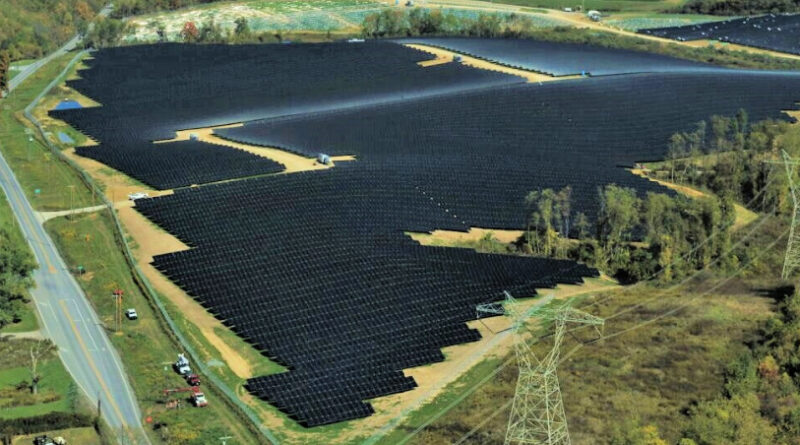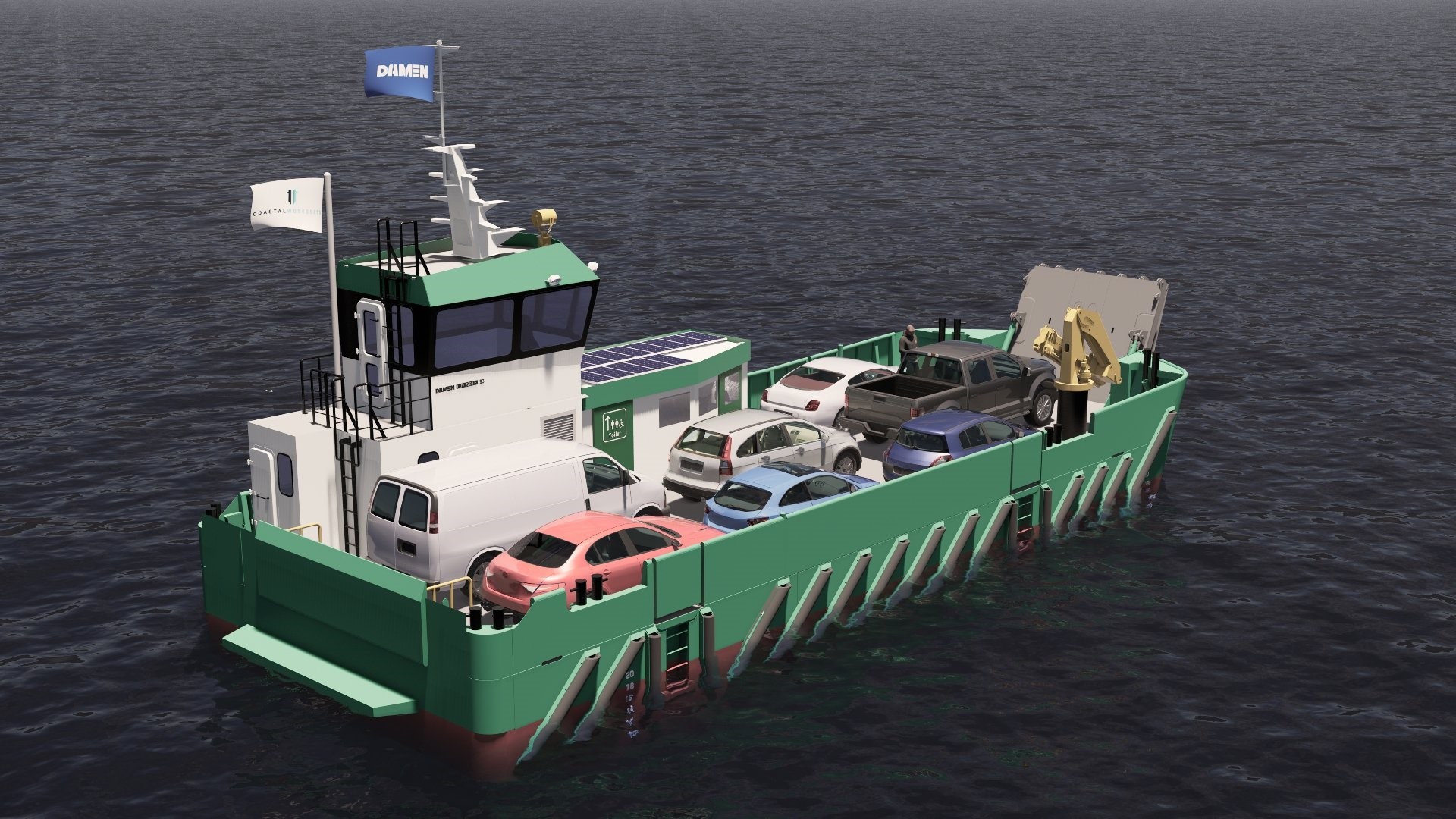
The collaboration with Coastal Workboats Scotland marks a significant step towards lowering emissions in the UK’s maritime industry with EST-Floattechs technology. This collaboration is realized due to Coastal Workboats receiving a £6 million (€7 million) grant to demonstrate the UK's first commercial electric workboat and charging station. This grant, provided by the Clean Maritime Demonstration Competition (CMDC), underscores the industry's recognition of the pressing need for cleaner, greener maritime operations and will boast the usage of electric workboats in a commercial environment.
The vessel that will be built, the E-LUV, is set to be the UK's first commercial electric workboat. This innovative vessel, a Ro-Ro and dry cargo transportation ferry, will be equipped with 2400 kWh of EST-Floattech’s Octopus High Energy battery system. The system will be placed as two independent battery systems on board, power a range of equipment, and be used for fully electric sailing. Starting for demonstration purposes in the Shetland Isles in a short trial, the E-LUV will be operating between West Burrafirth and Papa Stour. The route takes about 45 minutes, twice per day and five days per week, while showcasing the capabilities of energy storage solutions in maritime applications.
Secondly EST-Floattech will supply 1.200 kWh of the Octopus High Energy battery system, to be placed in a 20 foot container that will support the charging of Coastal Workboats’ E-LUV vessel. It is also possible to place the containerized energy storage solution on board as a range extender. We will be collaborating with MJR Power & Automation for the system integration and the entire system will be placed inside the container by Renew Marine Ltd.
Enhanced safety, less maintenance
The E-LUV will adhere to Bureau Veritas classification standards, ensuring top-notch safety and quality. The battery system will not only be safer, but it will also need less maintenance. This Ro-Ro and dry cargo transportation ferry is set to become a new standard for emission-free voyages. This contract is a significant achievement for Coastal Workboats, a small, family-run yard, and also for EST-Floattech.
Coastal Workboats’ Chief Engineering Manager Luke Parnell said: “Our attraction to the Octopus Series quite simply comes down to safety. EST-Floattech have produced a class-approved product that brings to market a level of safety unseen previously. In particular, the passive nature of the heat dissipation system represents a marked step forward in safety, particularly for an application in the
marine environment. Given our primary concern is safety above all, the Octopus was the perfect choice for us.”
Jelle Meindertsma, Sales Manager at EST-Floattech, states, "We are proud to be contributing to lowering emissions in the maritime industry in the UK, working hand in hand with Coastal Workboats to bring sustainable, high-performance energy solutions to the forefront. Our collaboration on the E-LUV is a testament to our shared commitment towards a more environmentally responsible maritime future."
This collaboration between Coastal Workboats and EST-Floattech marks a significant stride towards achieving the UK's environmental targets and demonstrates the power of innovation in the maritime sector.
Clean Maritime Demonstration Competition
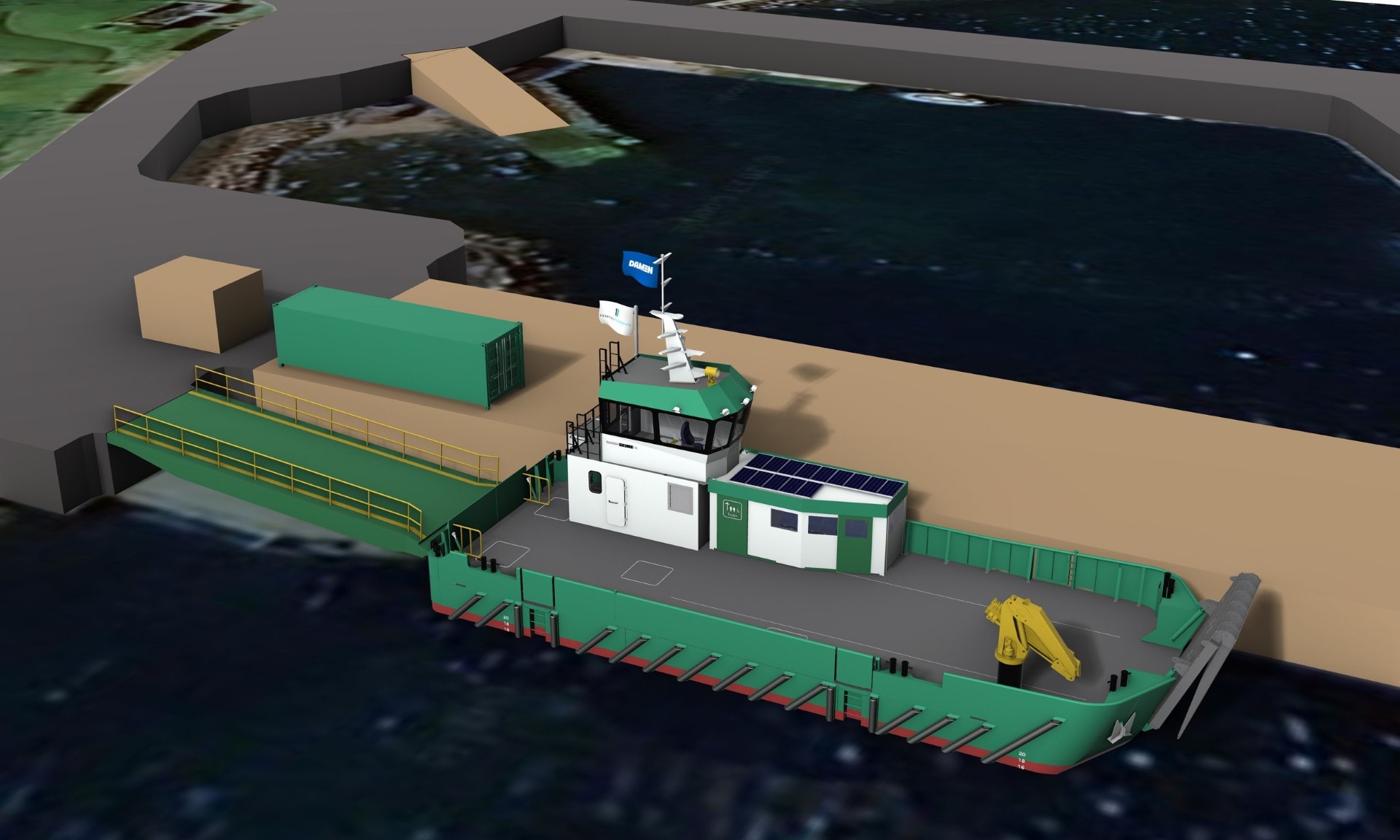
This project, the fully electric inter-island workboat demonstration project (including the E-LUV), is part of the Clean Maritime Demonstration Competition Round 3 (CMDC3), which was announced in September 2022, funded by UK Government and delivered in partnership with Innovate UK. As part of the CMDC3, the Department allocated £60m to 19 flagship projects supported by 92 UK organisations to deliver real world demonstration R&D projects in clean maritime solutions. Projects will take place in multiple locations around the UK from as far north as the Shetland Isles and as far south as Cornwall.
UK SHORE
The CMDC3 is part of the UK Shipping Office for Reducing Emission’s (UK SHORE) flagship multi-year CMDC programme. In March 2022, the Department announced the biggest government investment ever in the UK commercial maritime sector, allocating £206m to UK SHORE, a new division within the Department for Transport focused on decarbonising the maritime sector. UK SHORE is delivering a suite of interventions throughout 2022-2025 aimed at accelerating the design, manufacture and operation of UK-made clean maritime technologies and unlocking an industry-led transition to Net Zero.
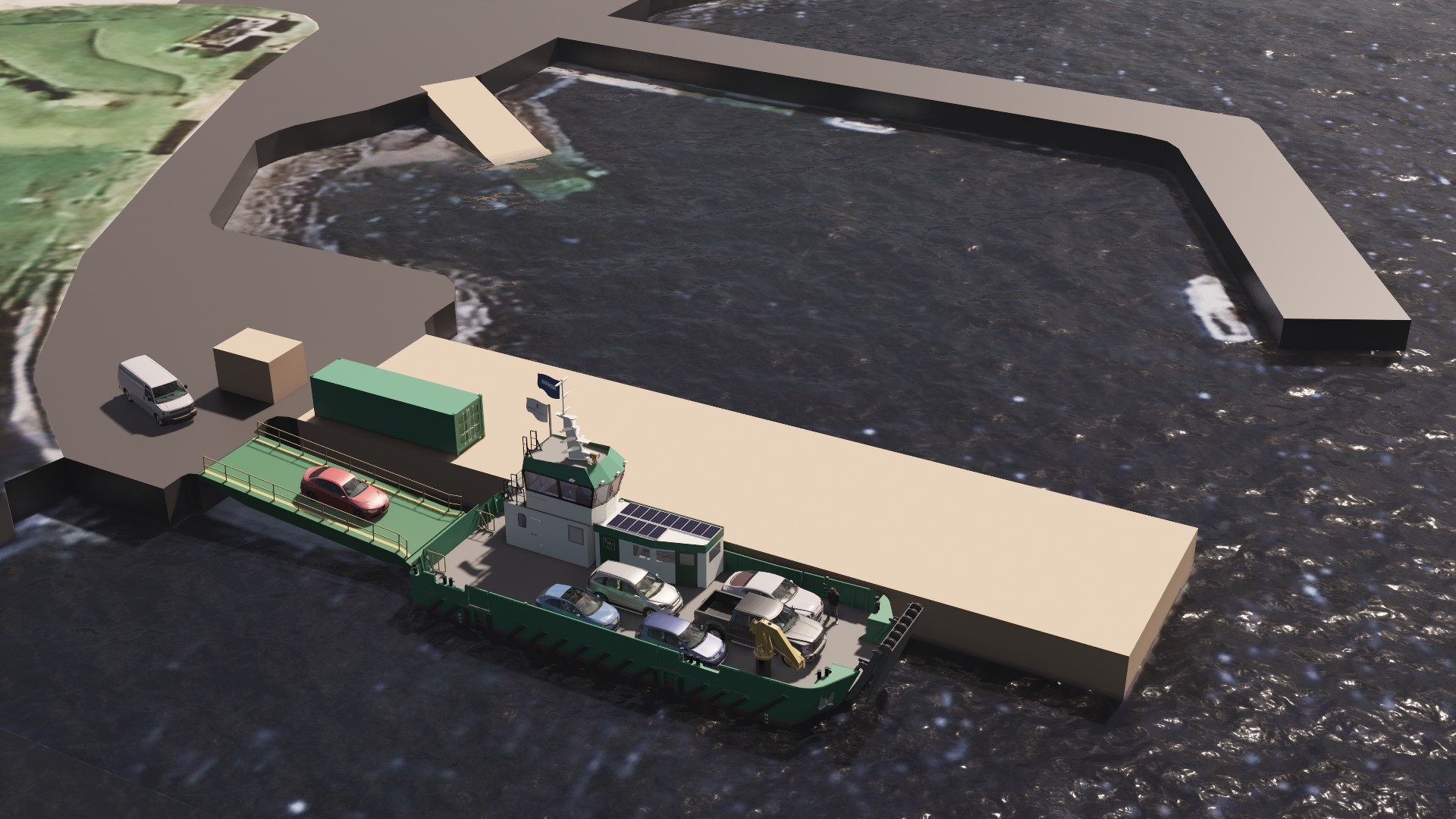
More info? Please contact:
Frederique Hoppe
Marketing-Communications Manager
EST-Floattech
marketing@est-floattech.com www.est-floattech.com
If you have any questions about (or comments on) this press release, be it general or technical, please let me know. I will endeavour to get back to you fast and, if so desired, get you in touch with the right person in EST-Floattech.
About EST-Floattech
EST-Floattech (2009) is specialized in developing, delivering and installing reliable, sustainable and safe battery systems for maritime and other applications. The in-house developed Battery Management System software is integrated to assure safe delivery and charging of power. The feasibility and reliability of EST-Floattech's battery technology is demonstrated by the more than 200 projects, some sailing for more than a decade. The new Octopus Series can be installed in virtually any vessel thanks to its modular construction, and it is certified by DNV, Lloyds Register, and Bureau Veritas. EST-
Floattech designs customized battery containers. EST-Floattech aims to drive positive change in the global transition to cleaner and more efficient energy sources. www.est-floattech.com
About Coastal Workboats Ltd
Coastal Workboats Ltd is a leading builder of steel and aluminium commercial workboats and provider of associated support services. The company is based between Devon and Scotland. www.coastalworkboats.co.uk
About CMDC3
Coastal Workboats’ E-LUV is part of the Clean Maritime Demonstration Competition Round 3 (CMDC3), which was announced in September 2022, funded by the Department for Transport and delivered in partnership with Innovate UK. As part of the CMDC3, the Department allocated £60m to 19 flagship projects supported by 92 UK organisations to deliver real world demonstration R&D projects in clean maritime solutions. Projects will take place in multiple locations around the UK from as far north as the Shetland Isles and as far south as Cornwall.
The CMDC3 is part of the UK Shipping Office for Reducing Emission’s (UK SHORE) flagship multi-year CMDC programme. In March 2022, the Department announced the biggest government investment ever in our UK commercial maritime sector, allocating £206m to UK SHORE, a new division within the Department for Transport focused on decarbonising the maritime sector. UK SHORE is delivering a suite of interventions throughout 2022-2025 aimed at accelerating the design, manufacture and operation of UK-made clean maritime technologies and unlocking an industry-led transition to Net Zero.
About the Department for Transport
The Zero Emission Cross River Ferry is part of the Clean Maritime Demonstration Competition Round 3 (CMDC3), which was announced in September 2022, funded by the Department for Transport and delivered in partnership with Innovate UK. As part of the CMDC3, the Department allocated £60m to 19 flagship projects supported by 92 UK organisations to deliver real world demonstration R&D projects in clean maritime solutions. Projects will take place in multiple locations around the UK from as far north as the Shetland Isles and as far south as Cornwall. The CMDC3 is part of the UK Shipping Office for Reducing Emission’s (UK SHORE) flagship multi-year CMDC programme. In March 2022, the Department announced the biggest government investment ever in our UK commercial maritime sector, allocating £206m to UK SHORE, a new division within the Department for Transport focused on decarbonising the maritime sector. UK SHORE is delivering a suite of interventions throughout 2022-2025 aimed at accelerating the design, manufacture and operation of UK-made clean maritime technologies and unlocking an industry-led transition to Net Zero.
